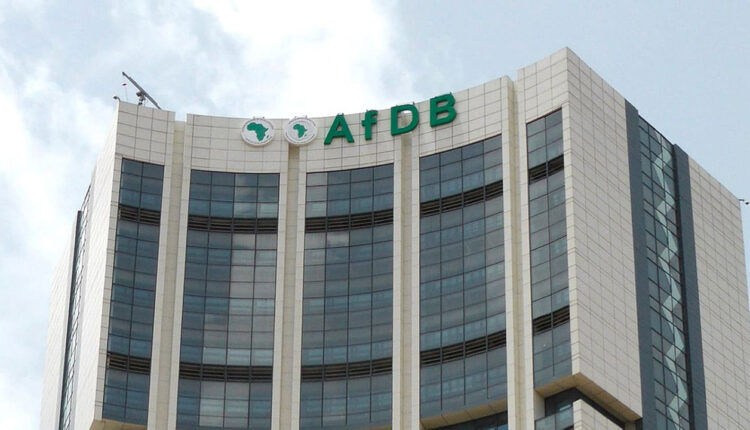Nigeria’s sweeping economic reforms since May 2023 have significantly revitalized its economy, according to the African Economic Outlook 2025 released by the African Development Bank (AfDB) on Tuesday during its Annual Meetings in Abidjan.
The report highlights the dominant role of the services sector, which accounted for three-quarters of Nigeria’s Gross Domestic Product (GDP) growth. Industry followed with a 13 percent contribution, bolstered by increased oil production, which rose by 2.8 percent to 1.56 million barrels per day in 2024.
Agriculture, buoyed by competitive domestic pricing, contributed nine percent to the GDP growth, underscoring its continuing importance in the nation’s economic mix.
The AfDB report noted that demand in 2024 was moderated by suppressed consumption due to rising prices.
“Market determined petrol prices increased 77 per cent and the Naira weakened 42 per cent during 2024. Both key underlying factors contributed to inflation, which stood at 33.2 per cent in 2024, up from 24.7 per cent in 2023,” the report said.
In response, the Central Bank of Nigeria (CBN) tightened monetary policy in a bid to curb inflation.
“To dampen inflation pressures, the Central Bank of Nigeria (CBN) tightened the policy rate to 27.5 per cent,” the AfDB report stated.
On the fiscal front, the report observed a slight improvement in Nigeria’s deficit level.
“Fiscal deficit of 3.9 per cent of GDP, which was marginally lower than 4.0 per cent in 2023, was largely driven by increased non-oil revenue,” it said.
However, public debt rose sharply in 2024.
“Public debt increased to 52.3 per cent of GDP in 2024 from 41.5 per cent in 2023,” the report noted, attributing the rise to “a weaker Naira and increased public borrowing.”
A key highlight of the report is the notable improvement in the current account balance, which soared to a surplus of 9.2 percent of GDP in 2024—up from 1.6 percent in 2023—fueled by a decline in imports owing to higher prices.
The financial services sector also showed signs of resilience, with recapitalization efforts aligning with Nigeria’s ambition to build a trillion-dollar economy.
According to the report, “non-performing to gross loans ratios fell to 4.1 per cent mid-2024 from 4.4 per cent in 2023,” indicating improved financial stability.
The AfDB’s economic outlook presents a cautiously optimistic picture of Nigeria’s economic trajectory, reflecting the impact of recent reforms while also spotlighting ongoing challenges such as inflation and debt management.



[…] policy shift came in response to Russia’s most extensive drone and missile assault since the start of the war, triggering a sharp rebuke from former U.S. President Donald […]